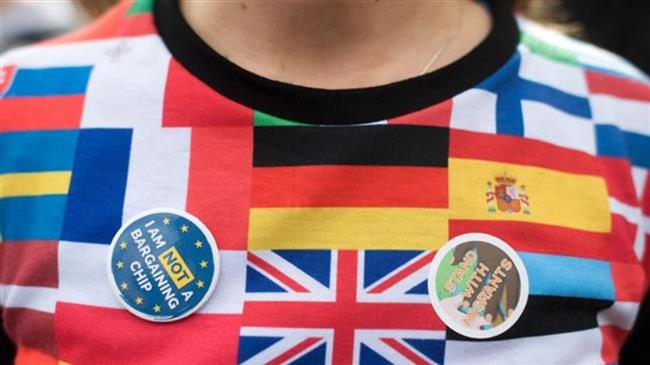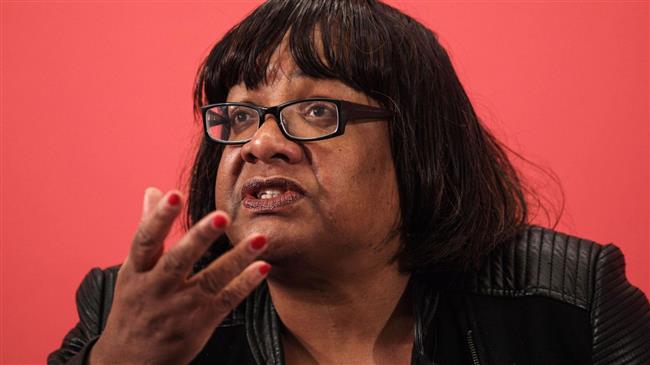UK to scrap preferential treatment of EU citizens after Brexit
The United Kingdom government has accepted recommendations from a special committee to end its preferential treatment of the migrants from the European Union after Britain leaves the bloc in March.
British newspapers said Tuesday that Prime Minster Theresa May’s cabinet had agreed in a meeting a day earlier that migrants from the EU would have no special access to work in the UK once the country leaves the EU.
The reports said Britain would give the preferential treatment only to skilled EU workers and low-skilled foreign workers would have limited access to the job market.
An unnamed source told the BBC that cabinet “unanimously supported a system based on skills rather than nationality”.
However, the government agreed that if Britain and the EU reach a special agreement on trade, the idea of giving no preferential treatment to EU workers could change.
“That would mean a better deal on migration, but the same offer would be available if we struck trade deals with other countries around the world,” a source told the The Financial Times.
Britain has little more than six months to officially withdraw from the EU based on the results of a referendum in June 2016 in which the British people voted for their country to leave the bloc. The government has yet to reach a comprehensive agreement with the EU on how the bilateral relations would be after Brexit.
In a summit last week in Austria, EU leaders further dashed Britain’s hope for one such an agreement, saying proposals submitted by May needed to be revised. Britain could face serious problems not only in migration but also in the fields of aviation, food and other businesses if it fails to clinch a withdrawal agreement with Brussels.
VIDEO | Iran-Syria: For Resistance
Qassam Brigades claims killing 3 Israeli troops in northern Gaza
More alive than ever: Sayyed Hassan Nasrallah's legacy grows stronger in martyrdom
Occupation of Syria’s highest peak Mount Hermon part of ‘Greater Israel’ project
Iran: Syrian people will decide their future without foreign interference
IRGC says Iran’s power exceeds borders, warns enemies to adjust themselves
Dozens detained, several wounded in Israeli raids in West Bank
‘Ethnic cleansing’: Hamas blasts Israeli attacks on Gaza hospital amid intl. silence













 This makes it easy to access the Press TV website
This makes it easy to access the Press TV website